16 Jun Year 12 Psychology students
Last Thursday, the Year 12 Psychology students (including myself) were taken to Bethlem, the Museum of the Mind in Kent.
(Pictured on the front page). Bethlem itself was an interesting location, especially since it was formerly known as Bedlam, where people diagnosed with serious mental health problems were institutionalised. The site itself is still a working mental health hospital, which makes the experience even more real.
The atmosphere in Bethlem was quite dark in the sense that inside, the displays were minimalist, yet a range of items that reflected the minds of former patients surrounded you. The artwork (which was quite chilling for the most part) especially got you thinking about how differently people perceive simplistic subjects such as ‘vanity’ and broadened your own perceptions so that you could be more empathetic towards the patients who designed the art pieces.
Learning about the history of Bethlem was especially engaging because of how much mental healthcare has changed within these past few centuries. For example, we know that nowadays there are many mental health illnesses that people are diagnosed with, but back in the times of Bedlam, people were sent in either for “raving” or “melancholia”. This demonstrated that mental health was a subject that was not studied in depth initially, instead healthcare professionals guessed at the best way to treat patients presented to them. Consequently, there was limited knowledge in regards to helping the patients admitted. However, there were files that showed ‘before and after’ pictures of real-life patients who were admitted to Bethlem and they did look a whole lot better when they were released compared to when they were sent in. So maybe mental healthcare was not so bad in the past.
As a whole, the trip to Bethlem was something that was worth going to, as it allowed us to explore the basics of mental health in ways that we may never have thought about before (which was really reflective) as well as strengthening our pre-existing knowledge of Psychology.
Banita Chander 12B



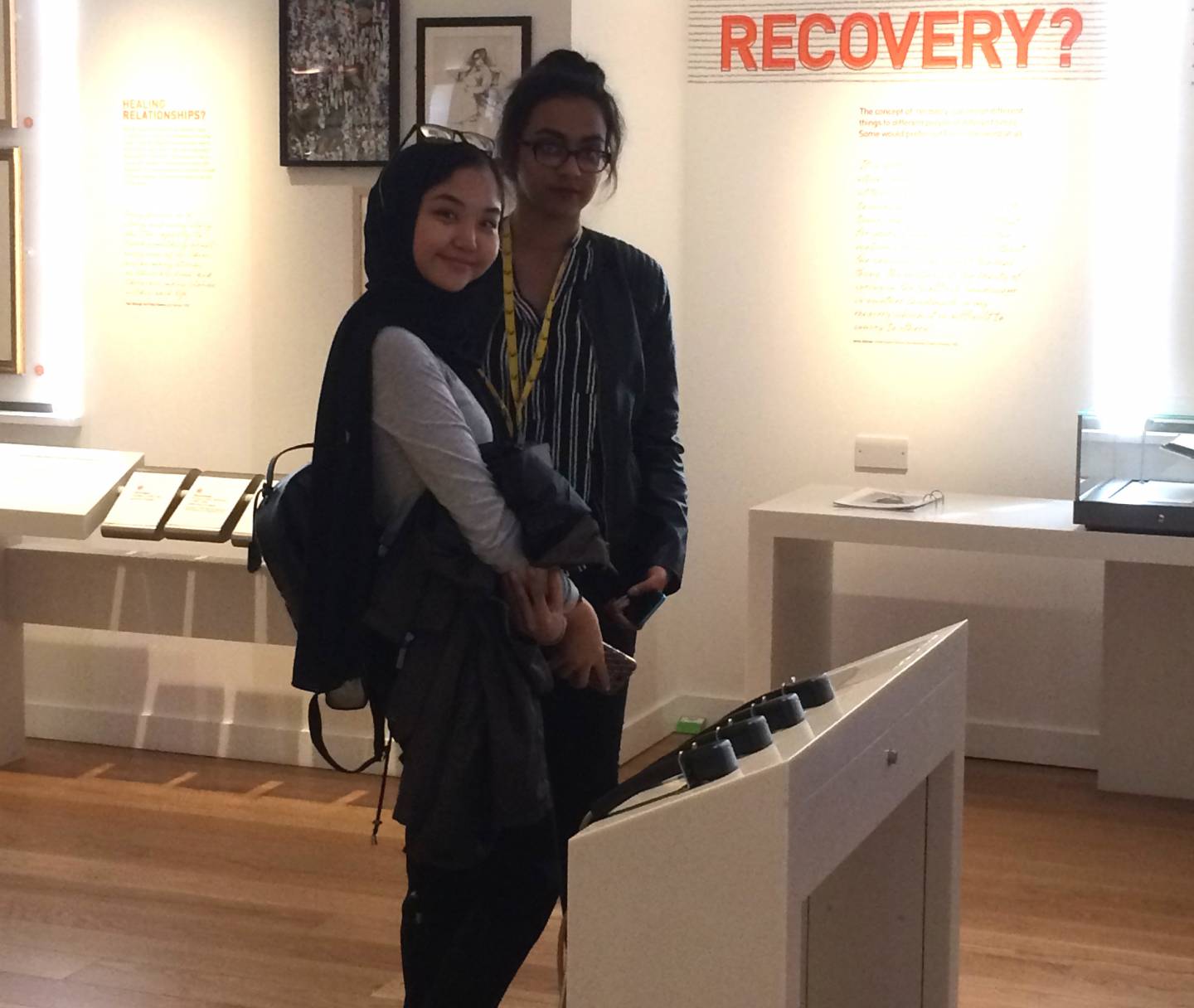
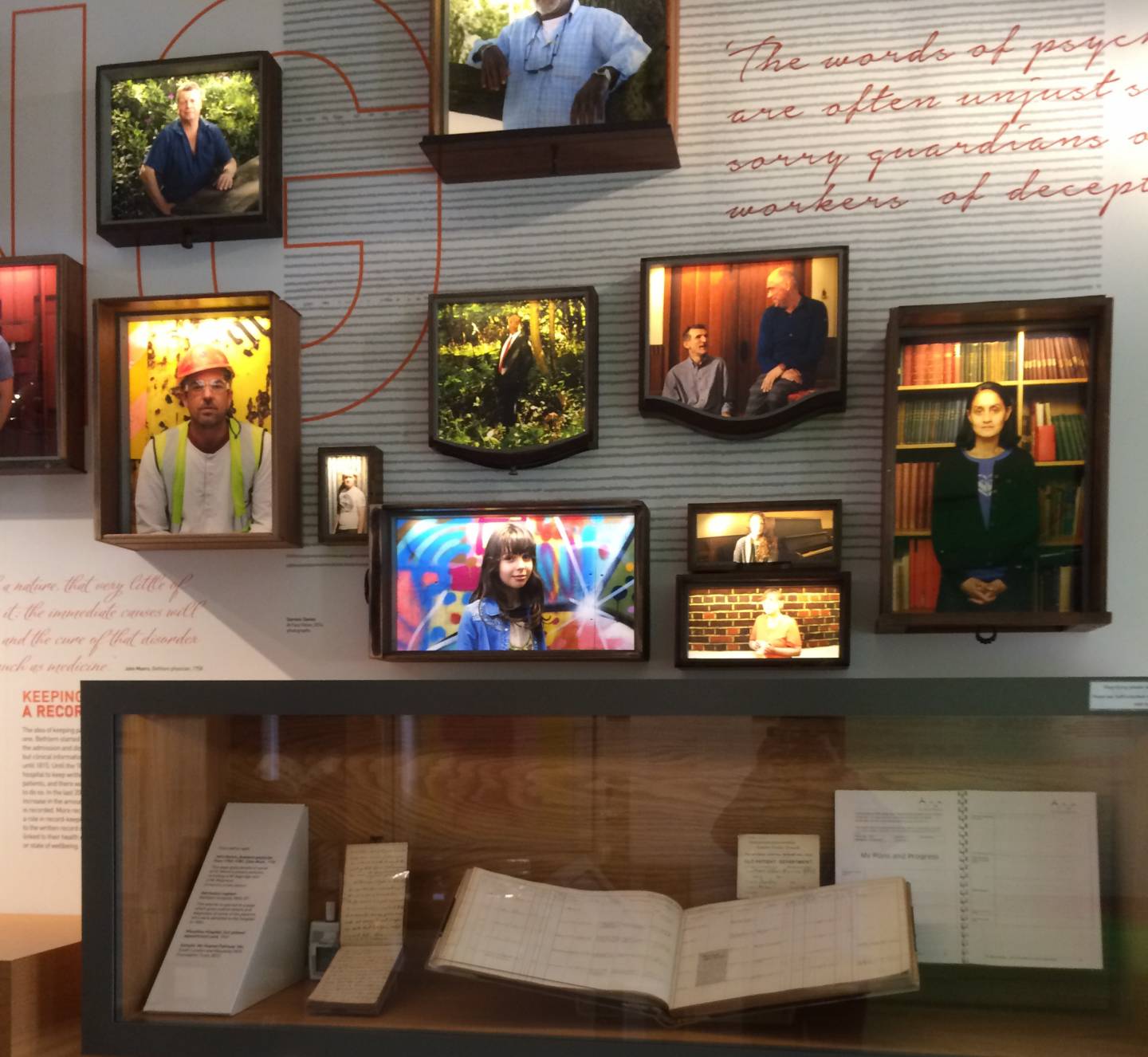
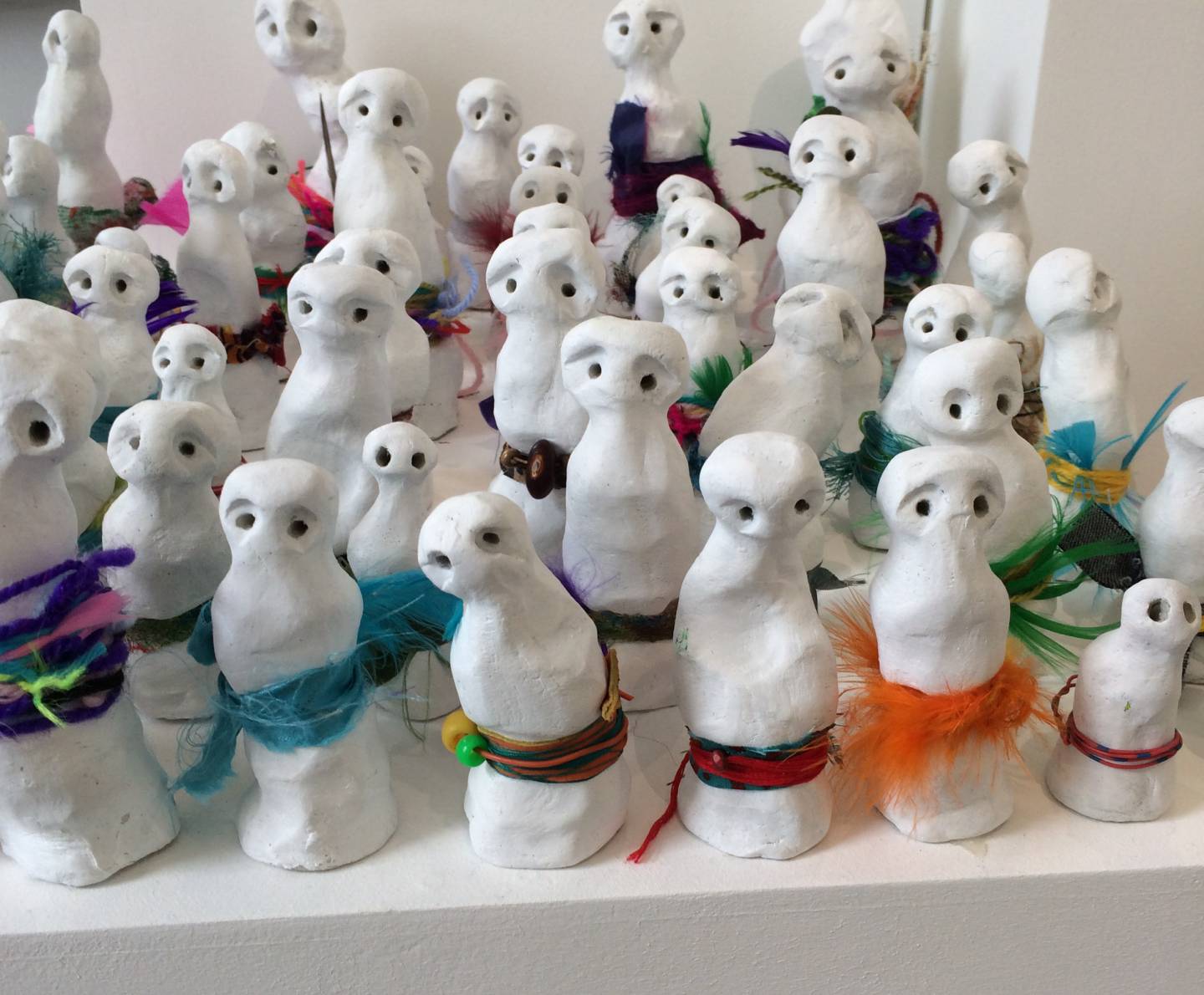
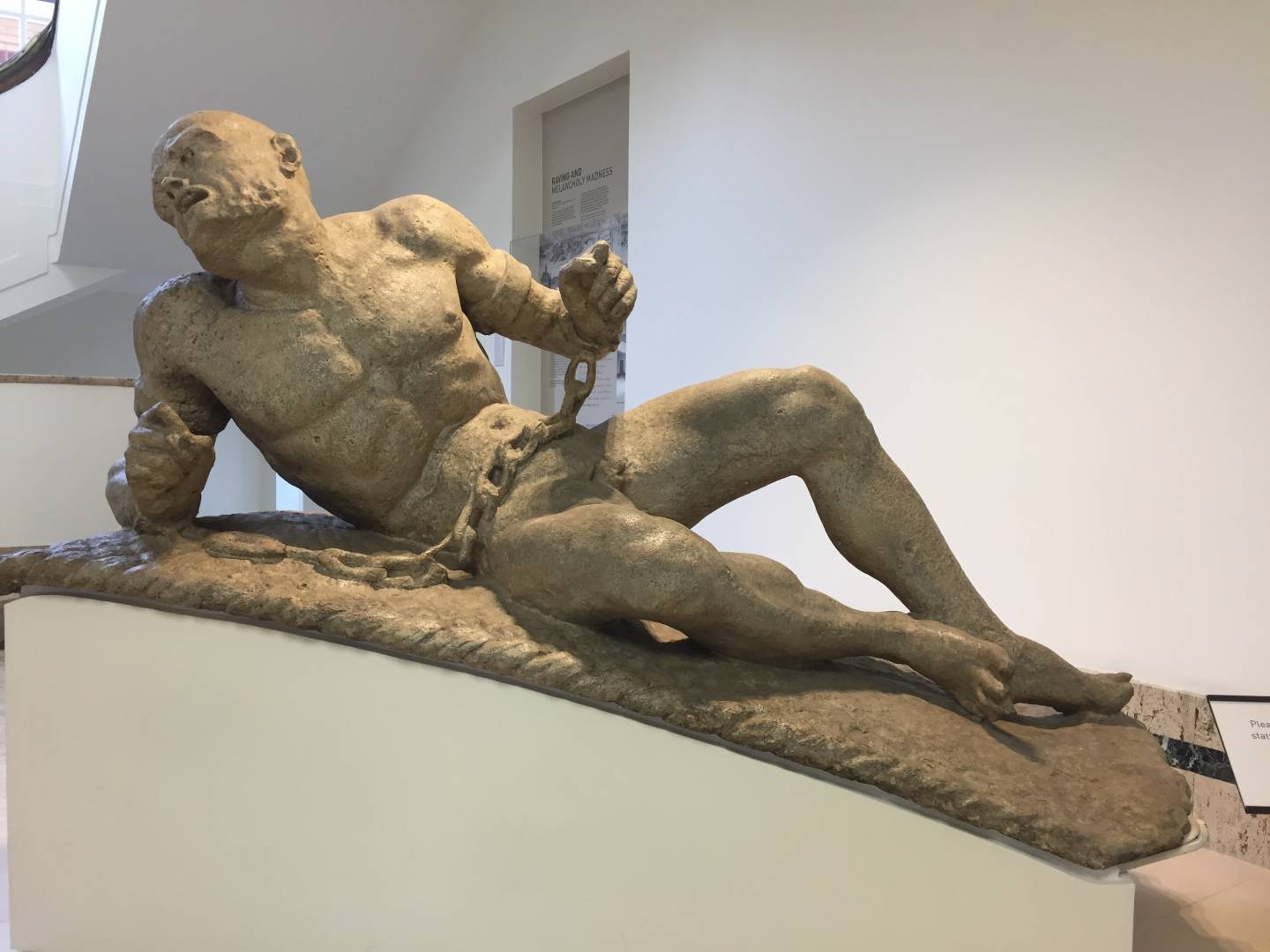

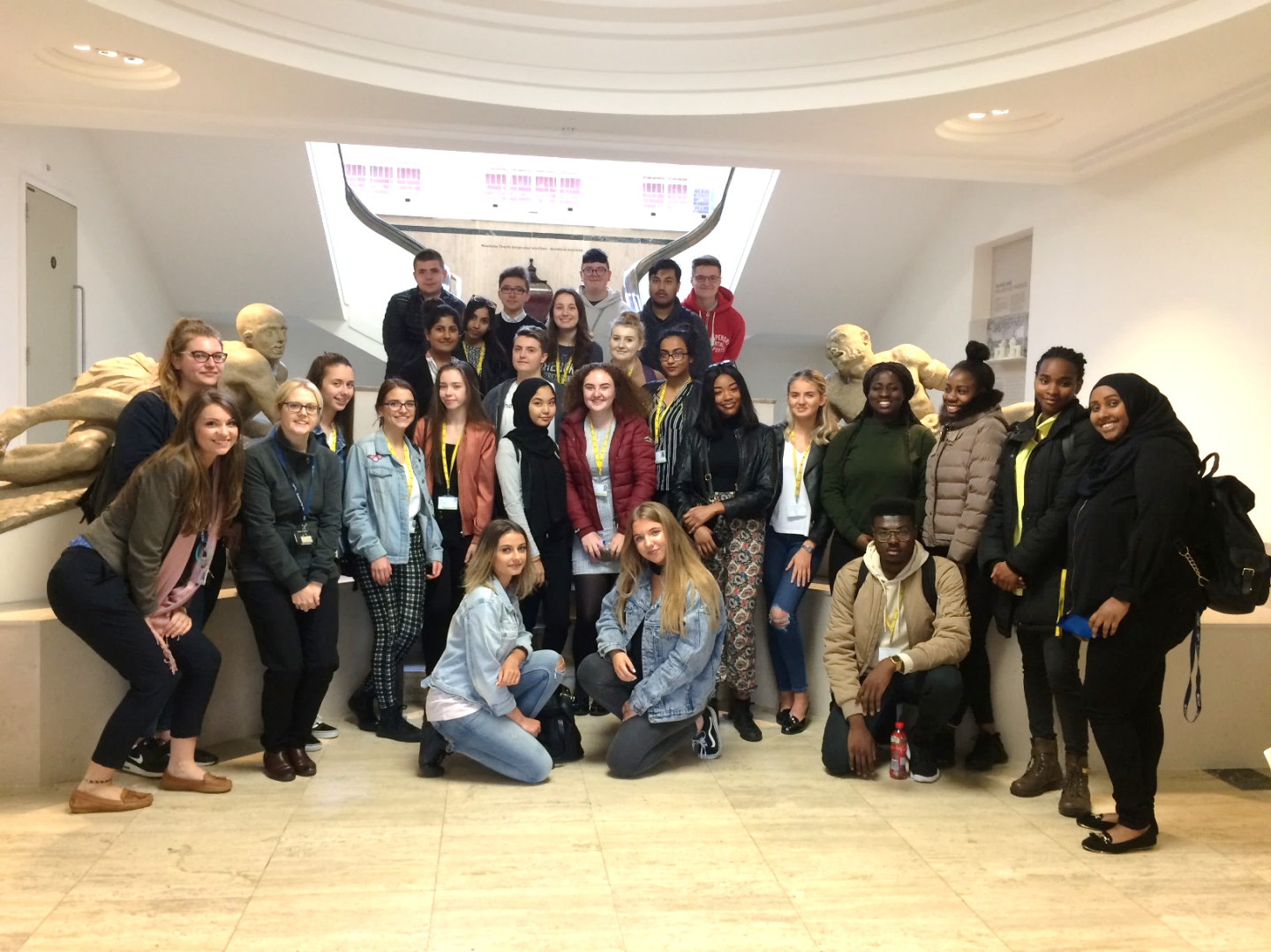
Sorry, the comment form is closed at this time.